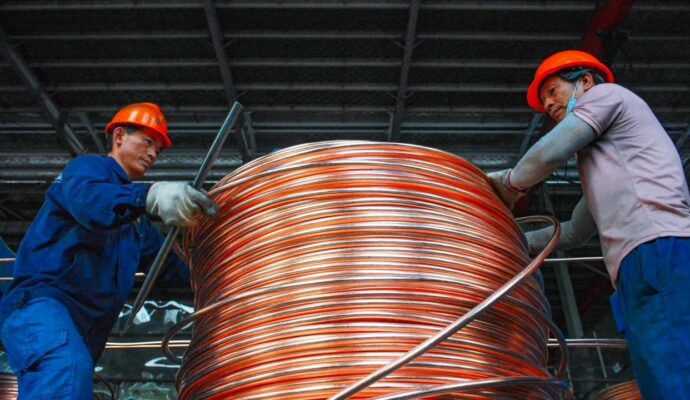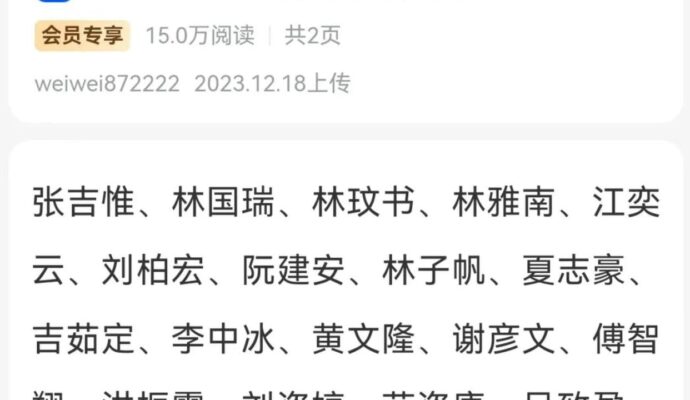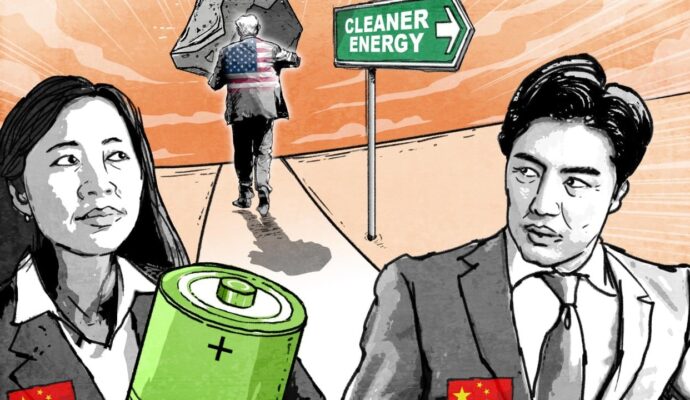Financial institutions and other people who provide money or goods to Gao or Hu could also attract secondary sanctions.
On the same day, the US State Department banned Gao and Hu from entry to the United States.
US seafood supply chain ripe for China human rights violations, panel told
US seafood supply chain ripe for China human rights violations, panel told
One company is involved in sugar production, another in textiles, and the third in electrical supplies and battery accessories.
US restrictions have previously focused on Xinjiang-sourced cotton, tomatoes, textiles and polysilicon – a key material to make solar cells.
Liu Pengyu, a spokesman for the Chinese embassy in Washington, said China condemned the sanctions.
“Such acts grossly interfere in China’s internal affairs, flagrantly violate the basic norms governing international relations and seriously undermine China-US relations,” he said.
Gao, a career police officer, headed Ili prefecture’s public security bureau as party secretary and chief from 2009 to 2022. He became a deputy secretary of the prefecture’s political and legal affairs commission in 2017.
Hu has been the deputy chief of the United Front Work Department’s ninth bureau since at least 2016.
The department’s WeChat account says the bureau coordinates and directs policy related to ensuring stability, ethnic unity, political ideology, economic development, education and labour in Xinjiang. It is also in charge of researching “important and sensitive issues”.
In 2018, Hu told the United Nations Committee on the Elimination of Racial Discrimination that “re-education centres” or “counter-extremism training centres” did not exist in Xinjiang.
The report said vague concepts gave officials wide discretion to exercise their powers with little oversight, leading to the “large-scale arbitrary deprivation of liberty of members of Uygur and other predominantly Muslim communities” between 2017 and 2019 in Xinjiang at facilities including the “vocational education and training centres”.
Beijing has said that no internment camps exist in Xinjiang, only “vocational education and training centres” set up as schools for “deradicalisation” and counterterrorism. It rejected the UN report as “a patchwork of false information”.



